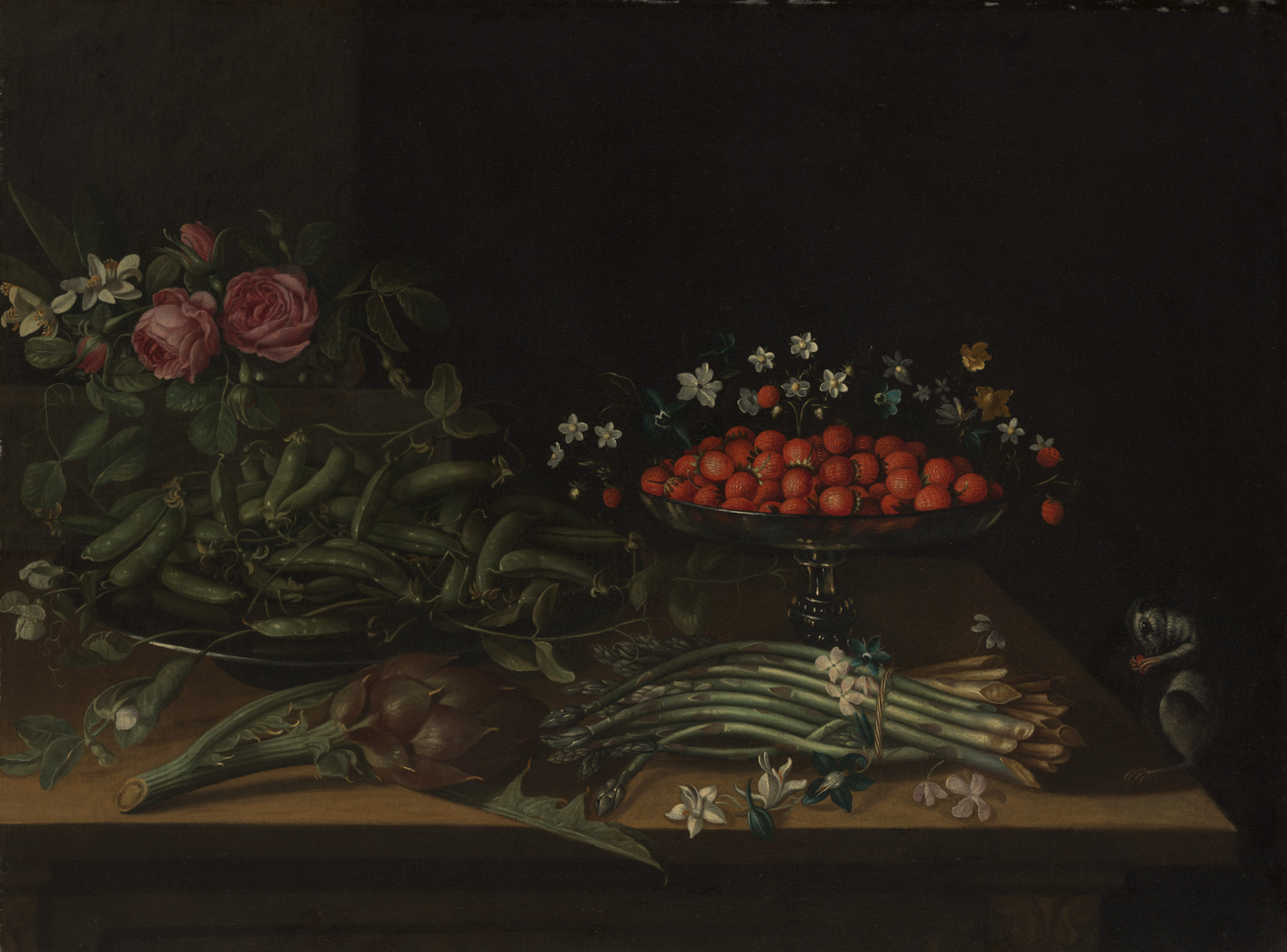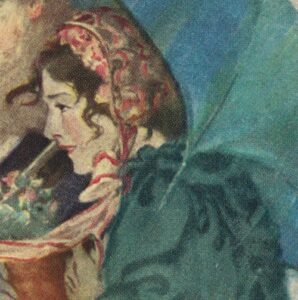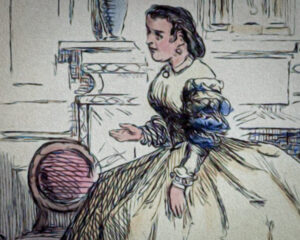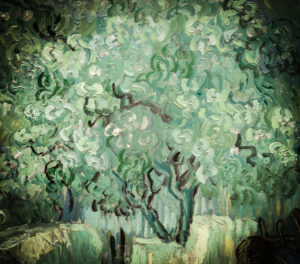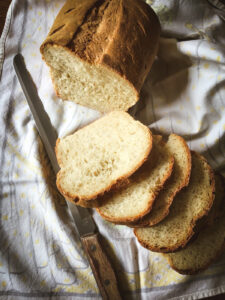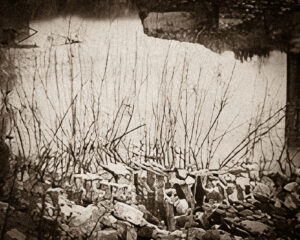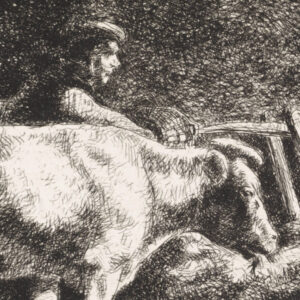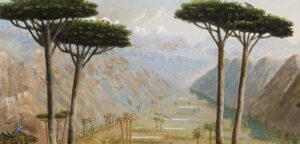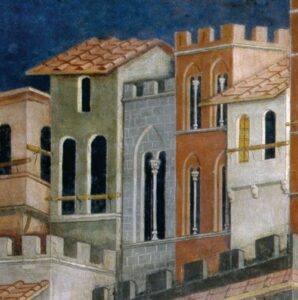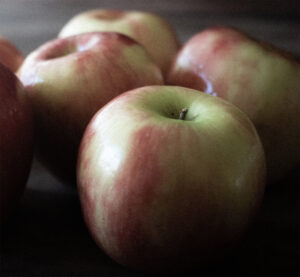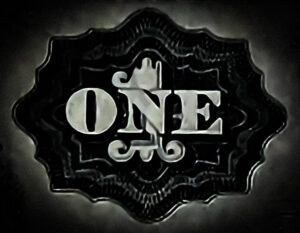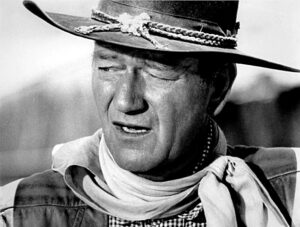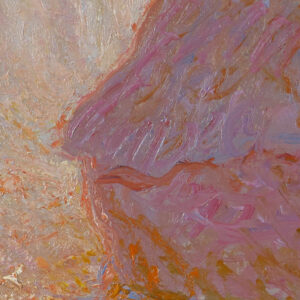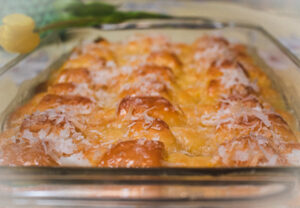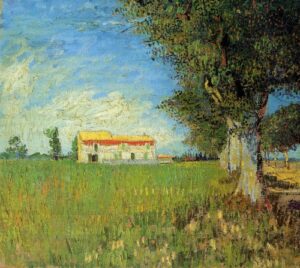—Ink and Echoes—
Alchemy, Ashes, & the Lessons of Berries
from Success With Small Fruits

Edward Payson Roe
—1881—
Modern knowledge enables us to work changes more beneficial than the alchemist ever dreamed of; and it shall be my aim to make one of these secrets as open as the sunlight in the fields and gardens wherein the beautiful mutations occur. To turn iron into gold would be a prosaic, barren process that might result in trouble to all concerned, but to transform heavy black earth and insipid rain-water into edible rubies, with celestial perfume and ambrosial flavor, is indeed an art that appeals to the entire race, and enlists that imperious nether organ which has never lost its power over heart or brain. As long, therefore, as humanity’s mouth waters at the thought of morsels more delicious even than “sin under the tongue,” I am sure of an audience when I discourse of strawberries and their kindred fruits. If apples led to the loss of Paradise, the reader will find . . . fruits that will enable him to reconstruct a bit of Eden, even if the “Fall and all our woe” have left him possessed of merely a city yard. But land in the country, breezy hillsides, moist, sheltered valleys, sunny plains — what opportunities for the divinest form of alchemy are here afforded to hundreds of thousands!
Many think of the soil only in connection with the sad words of the burial service — “Earth to earth, ashes to ashes.” Let us, while we may, gain more cheerful associations with our kindred dust. For a time it can be earth to strawberry blossoms, ashes to bright red berries, and their color will get into our cheeks and their rich subacid juices into our insipid lives, constituting a mental, moral, and physical alterative that will so change us that we shall believe in evolution and imagine ourselves fit for a higher state of existence. One may delve in the earth so long as to lose all dread at the thought of sleeping in it at last; and the luscious fruits and bright-hued flowers that come out of it, in a way no one can find out, may teach our own resurrection more effectually than do the learned theologians. . . . [H]aving compared a raspberry bush, bending gracefully under its delicious burden, with the insignificant seed from which it grew, we are ready to believe in all possibilities of good. Thus we may gather more than berries from our fruit-gardens. Nature hangs thoughts and suggestions on every spray, and blackberry bushes give many an impressive scratch to teach us that good and evil are very near together in this world, and that we must be careful, while seeking the one, to avoid the other. In every field of life those who seek the fruit too rashly are almost sure to have a thorny experience, and to learn that prickings are provided for those who have no consciences.
He who sees in the world around him only what strikes the eye lives in a poor, half-furnished house; he who obtains from his garden only what he can eat gathers but a meagre crop.

